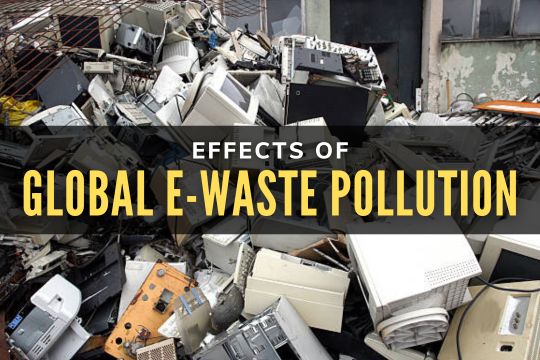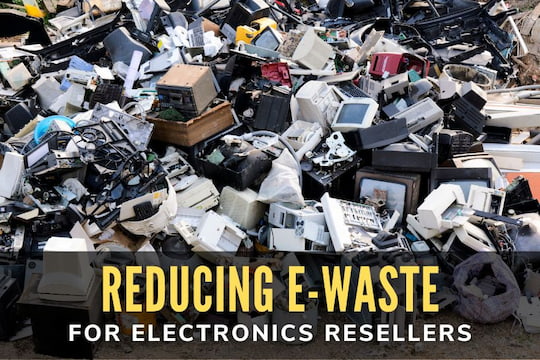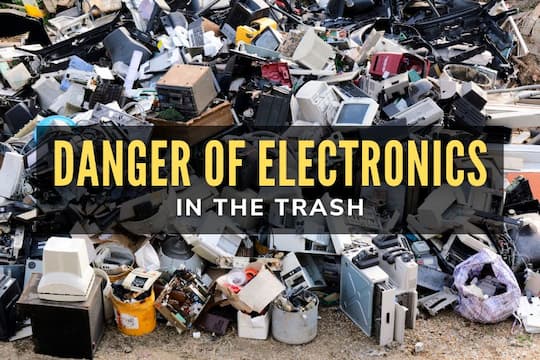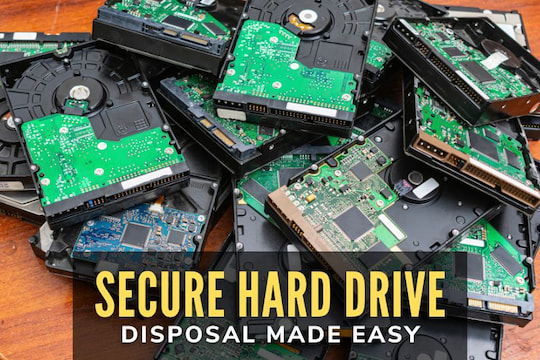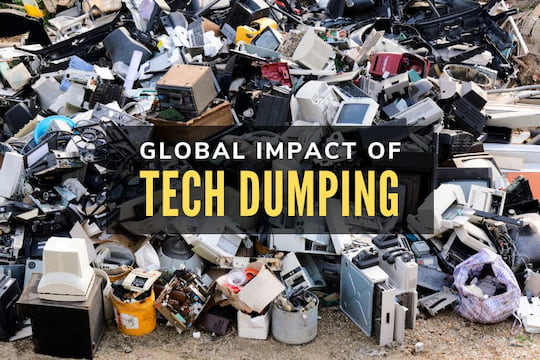Today, most companies recognize the importance of data security. For many, this means setting up firewalls, using software to prevent malware and the use of strong passwords. Part of data security, however, also consists of what happens to your electronics after the company is done using them. For some, merely deleting the files from the computer and tossing old electronics where they end in landfills is the solution. If you want to keep your data safe, learn about the differences between data deletion and data destruction. It's essential to learn about how to dispose of hard drive securely when looking to get rid of those old computer parts.
Data deletion usually occurs when a company needs to retire outdated machinery. Before they can bring in new equipment, all data on the old machine is first deleted. Some might think that deleted files are gone for good, but this is not the case. Even if files have been removed, the information is still stored on the hard drives where someone with evil intentions can resurface it. When old equipment is thrown away, you don’t know where your information can end up.
To avoid stolen information, data destruction is the surest way to go. Data destruction goes one step further than data deletion as it makes the data unreadable and is, therefore, the most effective way to keep your data secure. Some of the most common methods of data destruction include software data wiping, which erases the data from the drive; degaussing, which involves a powerful magnet that destroys the data; and hard drive shredding, which means the physical act of destroying hard drives, leaving them in tiny, irretrievable pieces. While these different options of data destruction work, hard drive shredding is the only guaranteed option that no trace of data will be recovered. If you want to keep your company’s data secure, go above and beyond just deleting your files. Be sure to hire a third party source for your data destruction needs.







